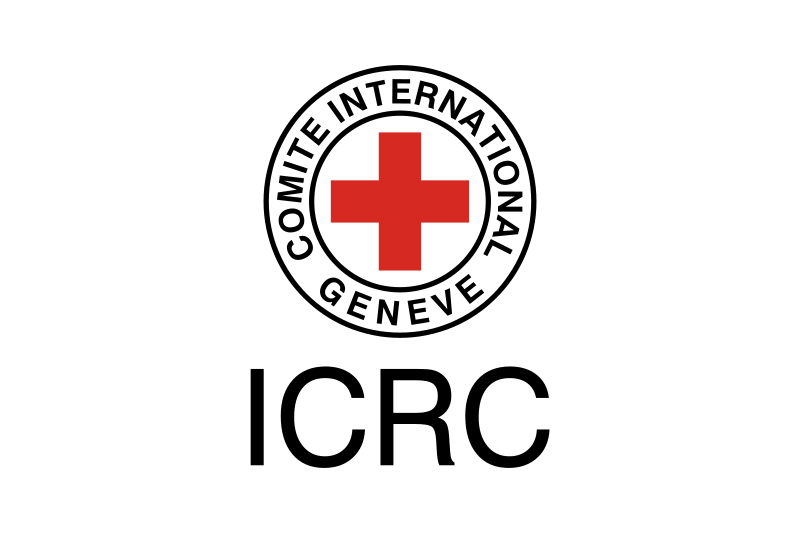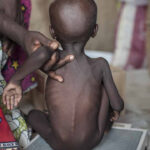The International Committee of the Red Cross (ICRC) has expressed concerns over the increasing rate of malnourished children’s admission in some health facilities in the North East region of the country due to conflict and climate change.
The organisation noted that in North East Nigeria, admissions of severely malnourished children have increased by 24% between the third quarters of 2023 and 2024, adding that this was caused by a 4-year high in food insecurity caused by conflict and climate change.
The Public Relations Officer of the organisation in Nigeria, Aliyu Dawobe, in a statement issued in Abuja, said the increase was part of a trend affecting the entire Lake Chad Basin region.
Dawobe said in the region, an estimated 6.1 million people would not have enough to eat in the coming months due to both conflict and climate, the highest figure in four years.
- NIGERIA DAILY: How Nigerian Farmers Stay Productive In Dry Season
- Bashar traditional title: Rekna’s suspension by Plateau government raises questions
“The rise in the number of people without enough food mirrors an increase in violence, which has severely impacted communities’ ability to grow crops and access markets.
“Violent incidents in the Lake Chad region in the first half of 2024 rose 58% compared with the same period in 2023.
“Climate hazards are also preventing people from growing crops and accessing their farmland and markets, contributing to a food security crisis being felt across Lake Chad – in Cameroon, Chad, Niger and Nigeria.
“In North East Nigeria, the start of the harvest season coincided this year with heavy floods that washed away seeds and all hope of harvest after an especially dry lean season,” the statement read.
Dawobe quoted Yann Bonzon, ICRC’s head of delegation in Nigeria, that in September alone, the ICRC expanded its efforts to curb malnutrition rates by supporting two additional health centres for malnourished children in Yobe and Adamawa states, both in North East Nigeria.
“This will allow medical teams to provide a range of key services including consultations, nutritional screenings, and treatment for malnourished children with complications,” Bonzon was quoted to have said.

 Join Daily Trust WhatsApp Community For Quick Access To News and Happenings Around You.
Join Daily Trust WhatsApp Community For Quick Access To News and Happenings Around You.


